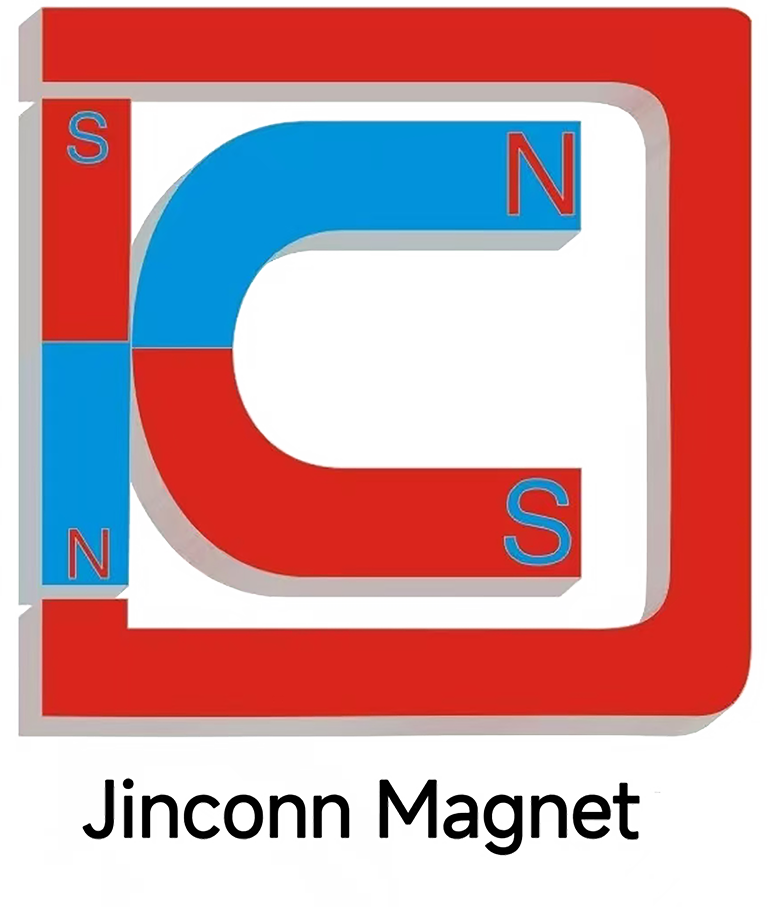Industrial Applications and Custom Solutions: Rare Earth vs. Soft Magnetic Materials
Exploring Customization: Rare Earth Magnets and Soft Magnetic Materials in Industry Applications
In the evolving landscape of industrial manufacturing, the choice between rare earth magnets and soft magnetic materials is more than a technical decision—it’s a strategic factor that shapes product performance, cost, and market competitiveness. This article delves into their practical applications, focusing on how customization and technological advances unlock new possibilities across sectors.
The Role of Neodymium Magnets in Modern Industry
Neodymium magnets (钕铁硼磁铁) have become a foundational component in high-performance products due to their superior strength-to-size ratio. Their high coercivity (高矫顽力) allows them to withstand external demagnetizing fields, making them essential in environments where magnetic stability is critical. For example, in the automotive sector, these magnets are integral to sensors, motor assemblies, and advanced driver-assistance systems.
A key advantage of neodymium magnets is their adaptability to demanding environments. Through enhanced coatings and material engineering, these magnets now deliver robust high-temperature resistance (耐高温) and outstanding corrosion resistance (耐腐蚀), ensuring durability even under harsh operating conditions. This performance is especially valued in renewable energy equipment, such as wind turbines and solar tracking motors, where consistent performance over many years is mandatory.
Soft Magnetic Materials: Power Management and Efficiency
While rare earth magnets offer lasting magnetic fields, soft magnetic materials are vital for applications requiring dynamic magnetic response. These materials, like silicon steel or iron-based alloys, can be rapidly magnetized and demagnetized with minimal energy loss, making them ideal for transformer cores, inductors, and electromagnetic shielding in power electronics.
The ability to precisely tailor the permeability and loss characteristics of soft magnetic materials has driven efficiency improvements in power grids, smart appliances, and medical imaging devices. As global industries seek energy-efficient solutions, these materials play an increasingly important role.
Embracing Custom Magnet Solutions
One significant trend is the rise of custom magnet solutions (可支持定制化磁铁方案). Modern manufacturers now collaborate closely with magnet suppliers to define exact specifications, such as geometry, magnetic strength, and environmental requirements. For instance, electric vehicle manufacturers demand unique shapes and assemblies to optimize motor design, reduce weight, and increase driving range. Here, both钕铁硼磁铁and specialized soft magnetic composites can be integrated in hybrid systems, maximizing efficiency and meeting strict space constraints.
Custom magnet solutions are also prominent in medical device manufacturing, where compact, corrosion-resistant (耐腐蚀) magnets enable the miniaturization of implants and diagnostic tools. Customization ensures that the magnets are compatible with biocompatible coatings and can perform reliably in the human body.
Engineering for Durability and Performance
The development of rare earth magnets with enhanced耐高温capabilities enables their deployment in high-temperature industrial environments such as robotics, aerospace, and heavy machinery. By combining rare earth alloys with advanced insulation techniques, manufacturers achieve operational reliability and long service life. High coercivity (高矫顽力) further safeguards against accidental demagnetization, particularly in devices exposed to mechanical shock or variable temperatures.
Meanwhile, advancements in soft magnetic material processing—such as nanocrystalline or amorphous alloys—allow for lower core losses and higher frequency operation, which is invaluable in miniaturized electronics and fast-switching power supplies.
Case Examples: Customization in Action
Renewable Energy Systems: High coercivity and corrosion-resistant magnets (耐腐蚀) support the long-term reliability of offshore wind turbine generators, where exposure to saltwater and extreme weather is a daily reality.
Medical Imaging Equipment: Both软磁材料and高矫顽力钕铁硼磁铁play critical roles in MRI machines—rare earth magnets maintain stable fields, while soft magnetic cores channel and shape those fields for imaging accuracy.
Consumer Technology: Custom magnet solutions (可支持定制化磁铁方案) are found in high-end headphones, smartwatches, and robotics, enabling slim designs without sacrificing sound quality, battery life, or strength.
The Future: Integrated Magnetics for Smarter Products
Looking ahead, the integration of钕铁硼磁铁with tailored软磁材料in multi-functional systems will drive new innovations. Whether it’s energy-efficient industrial automation, precision medical diagnostics, or next-generation electric vehicles, the collaboration between material science and application engineering is creating new benchmarks for performance.
Conclusion
In summary, the intelligent use of钕铁硼磁铁and软磁材料, enhanced by high coercivity (高矫顽力), high temperature and corrosion resistance (耐高温, 耐腐蚀), and a commitment to customized solutions (可支持定制化磁铁方案), is shaping the future of multiple industries. The synergy between strong, permanent magnets and flexible, energy-efficient soft magnetic materials opens the door to smarter, more resilient, and highly customized industrial solutions.




Jinconn WeChat









